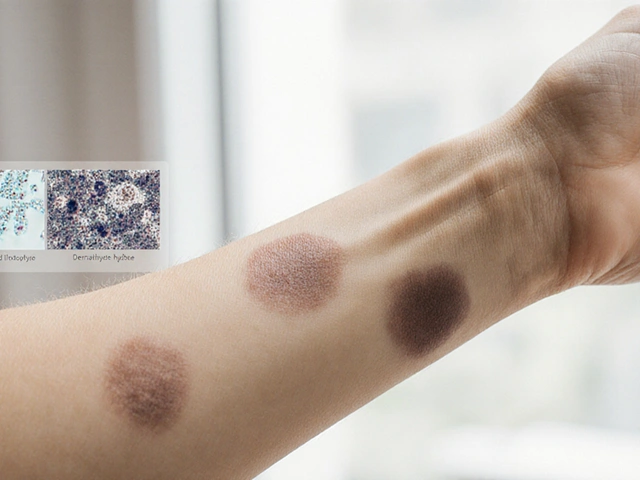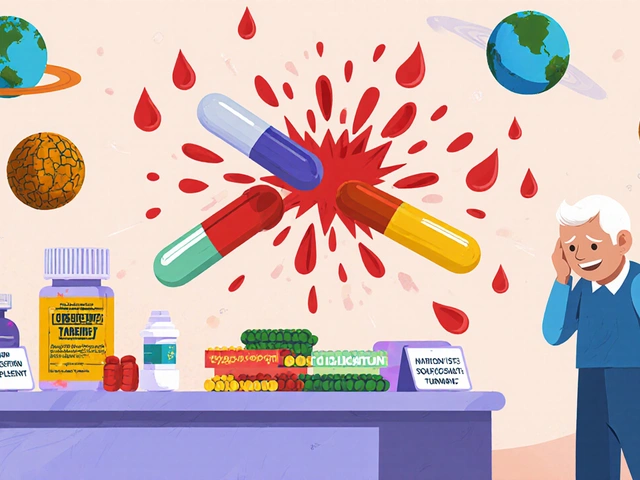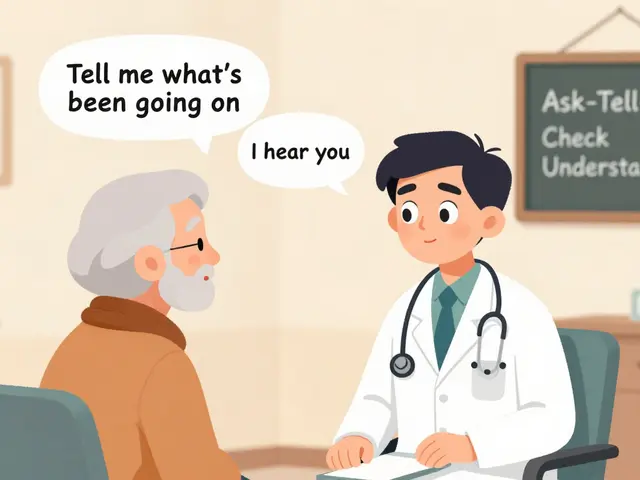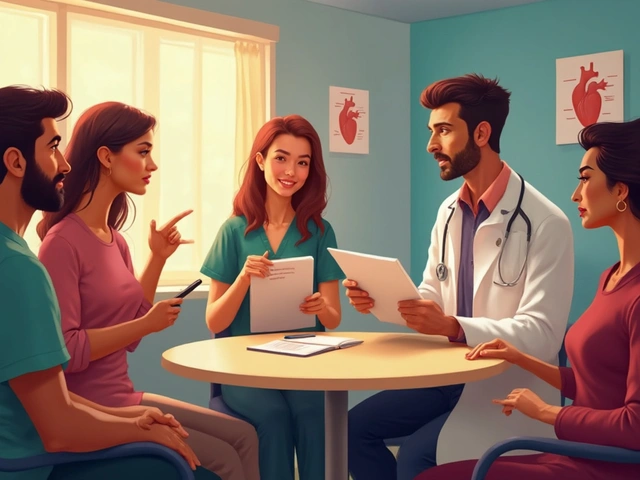Understanding Depression Medication: A Practical Guide
Feeling overwhelmed by the thought of taking medication for depression? You’re not alone. Starting any new drug can bring questions and doubts. Let's break down the basics so you can feel more confident about what depression medication really means and how it could help.
Depression meds mainly aim to balance brain chemicals, especially serotonin, which affects mood and thoughts. There are different classes of these meds, with SSRIs (Selective Serotonin Reuptake Inhibitors) being among the most common. They work by increasing serotonin levels to help lift your mood. Examples include fluoxetine and sertraline. But they’re not magic pills—they usually need several weeks to show effects, and some people may notice appetite or sleep changes initially.
What to Expect When Taking Depression Medication
Starting an antidepressant often comes with some trial and error. It’s normal for your doctor to adjust the dose or switch meds based on how you respond. Side effects can include tiredness, dizziness, or appetite shifts, but these often fade as your body adjusts. Keep in mind that feeling improvement might take 4 to 6 weeks, so don’t get discouraged quickly.
Also, medication alone isn't the entire solution. Many find that therapy, changes in lifestyle, and social support work hand-in-hand with meds for the best results. Be honest with your doctor about how you’re feeling—don't hesitate to bring up any worries or side effects. This helps tailor your treatment plan.
Staying Safe with Depression Medication
Always follow your prescription instructions closely. Avoid mixing medications without consulting your healthcare provider, especially alcohol or recreational drugs. If you’re pregnant, nursing, or have other health issues, sharing this info with your doctor is crucial to finding the safest option.
Remember, abrupt stopping of depression meds can cause unpleasant withdrawal symptoms, so never quit without medical advice. If cost or access to meds is a concern, ask about generic options or assistance programs that might be available.
Depression medication is a tool to help you re-center your mood and regain control, not a sign of weakness. With patience, openness, and support, it can be a significant part of healing. Got more questions? Feel free to explore our other articles or reach out to a healthcare professional for personalized advice.
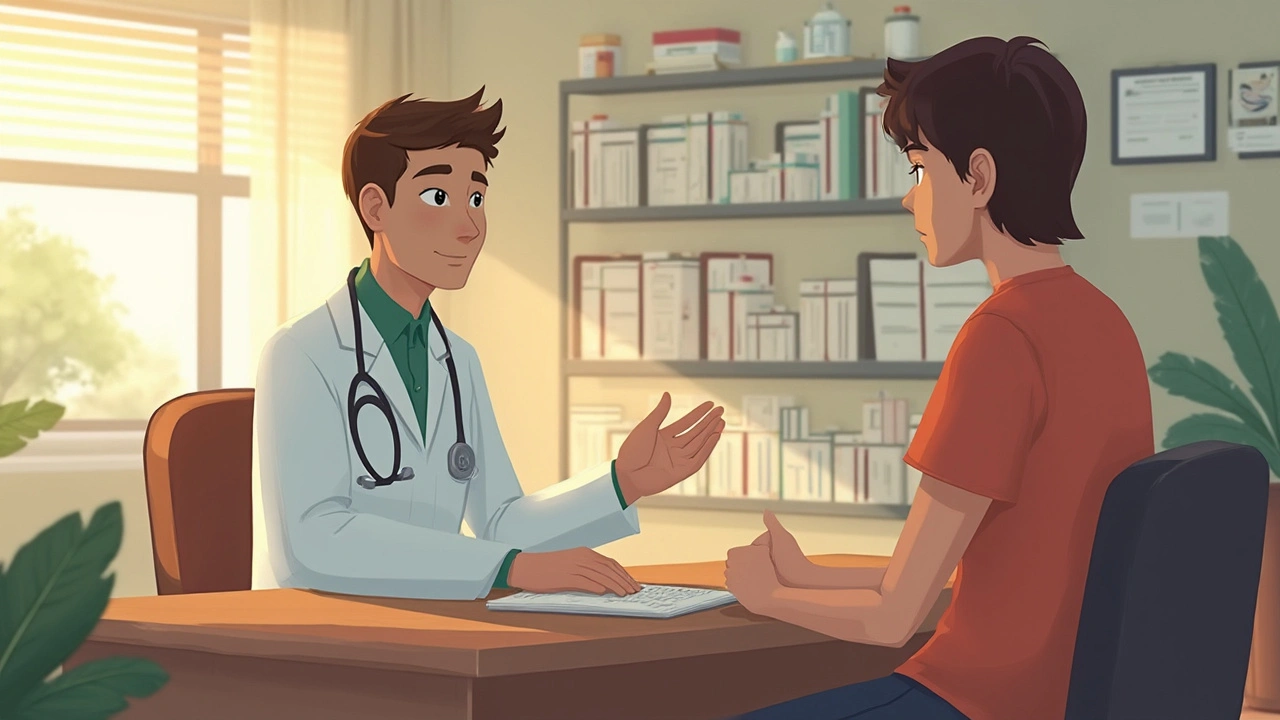
Discovering Alternatives: 9 Substitutes for Wellbutrin SR
Wondering about alternatives to Wellbutrin SR for managing depression or other conditions? This article explores nine options, highlighting their benefits and drawbacks. Whether you're considering a switch due to side effects, or looking for something that addresses multiple health needs, you'll find a range of choices including tricyclic antidepressants and dual-action medications. We'll break down each one, discuss the pros and cons, and offer practical tips to help guide your decision.
View More
